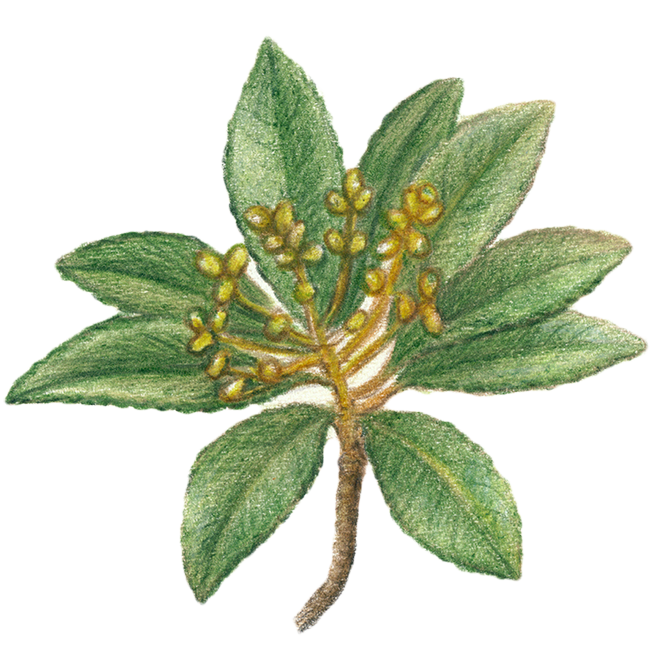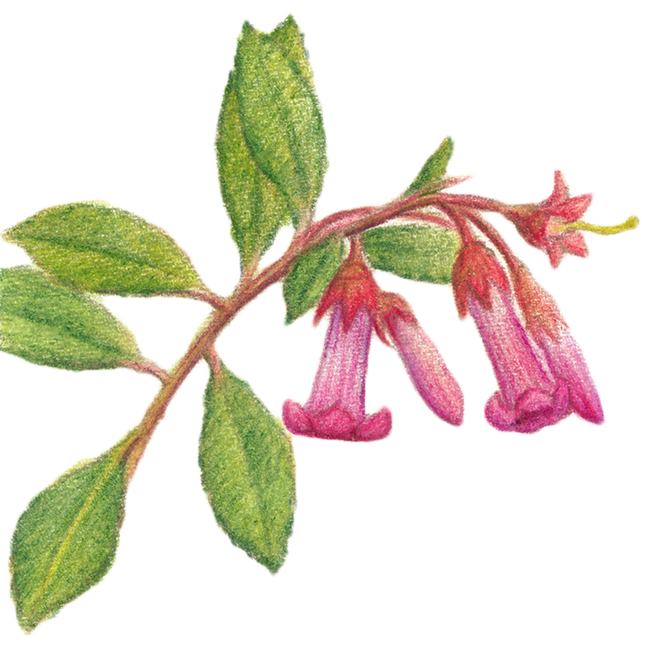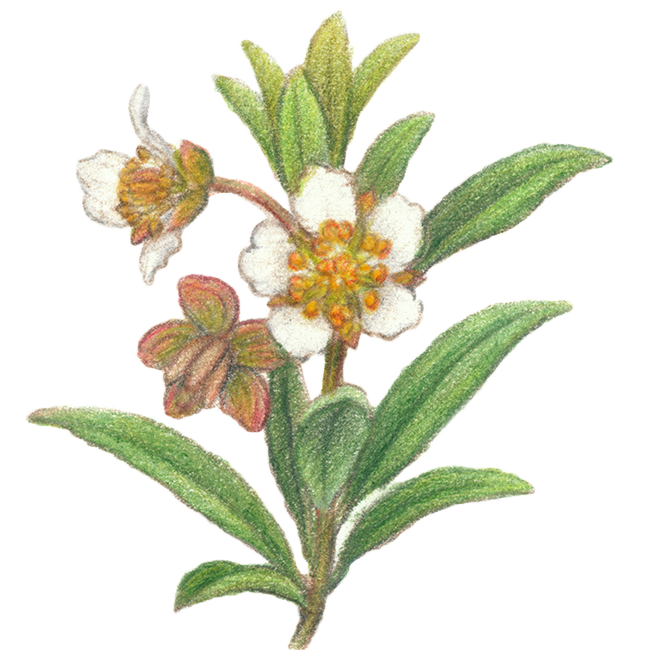In 1994, the Kazusa DNA Research Institute began its journey as the world’s first specialized institution focused on DNA research. Since then, we have primarily been engaged in deciphering the genome sequences of various species, with a particular focus on plants. Genome sequences are the codes that shapes organisms manages life processesrves, and by analyzing genomes and unraveling the information obtained, we can aspire to unveil the mysteries of yet undiscovered organisms. While the technologies related to genome sequence analysis continue to evolve on a daily basis, the number of species whose genome information has been sequenced remains exceedingly small compared to the vast array of life forms on Earth.
Owing to the advanced sequencing technologies, genomes of numerous plant species have been decoded. Our groups have published >50 plant genome sequences so far since Arabidopsis in 2000 and established a plant genomics database, Plant GARDEN (https://plantgarden.jp). Indeed, target plants to be sequenced were mainly selected from agronomically important crops as well as model species for plant research. On the other hand, from a macroscopic point of view, to understand what “plant genome” is, sequence data to cover the entire plant kingdom are required. Therefore, as an initial step, we aim to obtain genome information for all orders of angiosperm. Whereas there are 67 orders in angiosperm in accordance with APG IV, genome data for 20 orders have been still unavailable. To date, we have determined draft genome sequences for five orders of the 20 and plan to sequence genomes of eight orders soon.
Wanted!
We have not yet obtained materials from plant species belonging to the fllowing seven orders. Please contact us If you are able to privide the plant materials with the information of identifiable origin
Please contact to staffs in Lab of Plant Genetics and Genomics







